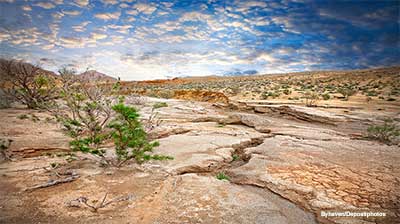FAQs about Water Pollution and Shortage
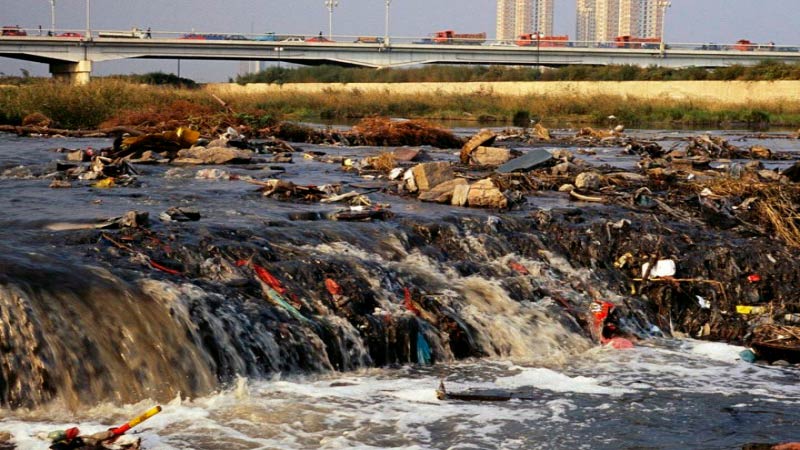
7. What should be done to keep the waters clean?
According to UNICEF recommendations:
Families that have an abundant supply of clean water and know how to avoid getting contaminated with germs suffer fewer diseases. If the water is not clean, it can be purified by boiling or filtering.
Among the sources of clean water are well-built and preserved pipe supply systems, tube wells, protected dug wells and fountains. It is possible to use water from unsafe sources, such as ponds, rivers, open tanks or wells, if it is boiled before using it. The water should be stored in a covered container to keep it clean.
Families and communities can protect their water supply with the following measures:
Keep the wells covered and install a water pump.
Keep feces and wastewater (especially those from latrines and household cleaning) well away from any water reserve used for cooking, drinking or washing.
Build latrines at least 15 meters from a water source and always downstream.
Keep as clean as possible the buckets, ropes and jars that are used to collect and conserve water,
keeping them in a clean place instead of leaving them on the ground.
Keep animals separated from sources of drinking water and from areas where the family lives.
Avoid the use of pesticides or chemical substances near a water source.
Families can keep clean water in the home through the following measures:
Keep drinking water in a clean and covered container.
Try not to touch the water with dirty hands.
Take the water out of the container with a clean spoon or cup.
Put a tap in the water container.
Prevent anyone from placing their hands in the container or drinking directly from it.
Keep animals away from stored water.
FAQs about Pollution and water shortage
Updated and extended in August 2021
Pollution
1. What is the hydrosphere?
2. Why is water important?
3. What is water pollution?
4. What are the main water pollutants?
5. What diseases does water pollution transmit?
6. Which are the countries that best manage their waters?
7. What should be done to keep the waters clean?
8. What are oligotrophization and eutrophication of lakes?
Shortage
9. What is water scarcity?
10. What are the causes of water scarcity?
11. What is water stress, periodic scarcity and water scarcity?
12. Can we finish drinking water on the planet?
13. What are the cities with the greatest water shortage?
14. Could wastewater be used to solve the water shortage?
15. Why is not the water in the seas desalinated?
.
Sources
United Nations. Global Issues. Water. https://www.un.org/en/global-issues/water
United Nations. UN-Water. Water Scarcity. https://www.unwater.org/water-facts/scarcity/
UNESCO. Is wastewater the new black gold? 21/03/2017. https://en.unesco.org/news/wastewater-new-black-gold
UNESCO. Water Scarcity and Quality. https://en.unesco.org/themes/water-security/hydrology/water-scarcity-and-quality
Wikipedia. Water scarcity. https://en.wikipedia.org/wiki/Water_scarcity
Other sections of Water Pollution and Shortage
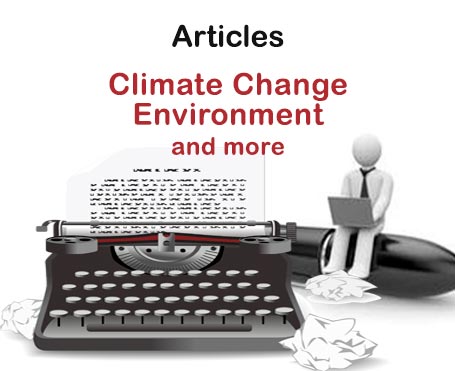
Our planet could have been called “Water” instead of Earth, because of the immense amount of the vital liquid that it houses. For something is blue and not ocher, although the atmosphere also helps paint that wonderful tone…
You can also see it in…
Infographics
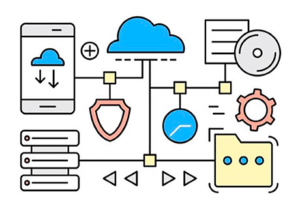
Photo Gallery.
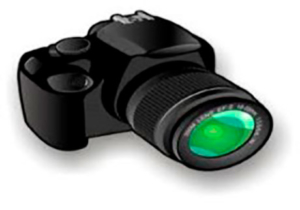
Video Gallery


